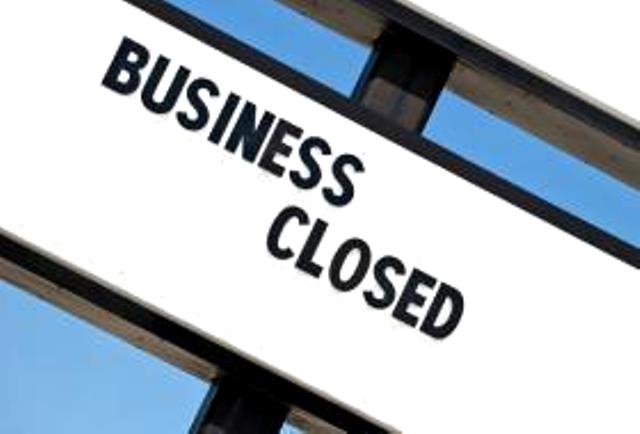The numbers are stunning. Bloomberg says 8 out of 10 entrepreneurs who start businesses fail within the first 18 months. It means a whopping 80% of new businesses crash and burn.
Why is that? What are the most common reasons for these flops?
- Poor cash flow management.
The majority of entrepreneurs go into business because they have a sharp idea or a passion for a particular market pain point. Some of these entrepreneurs might also have a background in accounting or financial services, but this is more often the exception than the rule. Sad to say, but most new business owners are financially illiterate—or at least start out in that condition. Almost inevitably, this comes back to bite their cherished undertaking.
- Too much pride.
It’s absolutely imperative that entrepreneurs learn how to humble themselves before others. One of the worst mistakes you can make is to be unwilling to seek outside help when things get tough. As they say, pride goes before a fall. Whether it’s business advice, financing or any other form of guidance, business owners must be willing to seek outside help.
- No market need.
According to a CB Insights study many startups eventually fail because there’s no pressing market need for the products and services they want to sell. That’s the number one cause of small business failure.
It’s important that you study the market and potential demand for whatever you’re hoping to peddle, and avoid fooling yourself. Is there an actual need for your product, or are you trying to create one for selfish reasons? Knowing when to pivot or bow out is a skill you’d better have, or you may find yourself in a world of trouble.
- Making the wrong hires.
A handful of bad hires can derail even the most successful brand. According to Mariah Deleon, Vice President of People at Glassdoor, hiring bad candidates hurts in more ways than one. The risks can involve productivity costs, financial costs, employee morale costs and reputation costs. Even if the person eventually turns into a good employee, the upfront costs mean he or she could pose a drain on resources for many months.
- Unwillingness to pivot.
After a company has been in business for a few months or years, company leaders may realize their original, brilliant idea wasn’t as great as they initially believed. In fact, they develop a nagging sense that the marketplace is telling them to move in another direction. An unwillingness to trust such signs and pivot is an almost sure-fire signal of ultimate destruction.




